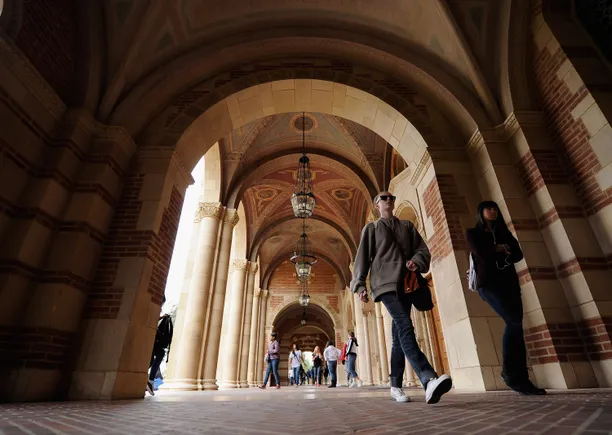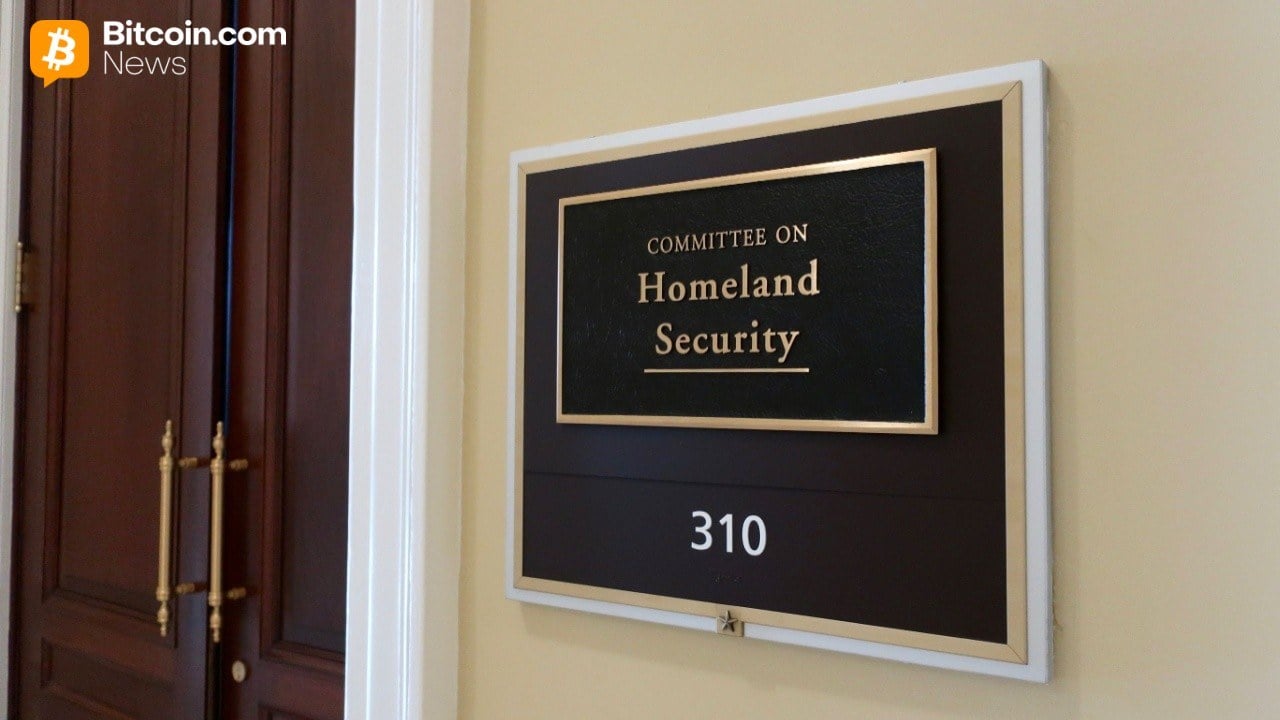The increasing internationalization of higher education does not automatically lead to global knowledge and skill exchange in the classroom. Hierarchical barriers in pedagogy and classroom geography impede peer-to-peer learning. This article outlines the benefits of using a community cultural wealth approach – with an example – to disrupt academic and cultural hierarchies by drawing on the multiplicity of students’ assets, skills, and knowledge bases within international cohorts. Such a method enables international students to share their diverse expertise and breakdown assumptions about where and in whom relevant knowledge and information lies.
The Challenge of Hierarchy
I have been asking myself the following questions with increasing frequency as I grapple with teaching international cohorts of learners:
How can I move away from being considered the sole source of knowledge in the classroom? How can I enable my international students to benefit from each other’s knowledge and insights? How can I support students to co-construct their learning?
As an educator, working out how to center students in the process of learning remains an ongoing challenge, whether working with international or domestic students. For international students, their diverse expertise and experiences add significant value to the learning community. Yet, many of these students have experienced the banking model (Freire 1996) in their previous educational experience, where they were likely considered empty vessels to be filled with information by their instructors. Thus, when confronted with the liberal expectations of a Western education, where students are expected to engage with new people and evaluate and apply new knowledge, many feel underequipped to succeed, as they wrongly assume they have nothing to contribute. This fear of lack may further drive international students to remain in cultural enclaves within the classroom, to mask their concerns. In the grips of this fear, the benefits of an international education are not immediately granted by proximity in the classroom space.
A community cultural wealth model may help to overcome these challenges. This model, developed by Yosso (2005), foregrounds other than academic assets that students possess, including linguistic, familial, navigational, cultural, resistant, and community “capitals”.
This model disrupts the banking model of education as students are affirmed as arriving replete with assets and releases students from their fears by affirming a diverse array of expertise and in whom this expertise may reside. As social theory arises from daily life (hooks, 1994), in response to the circumstances of one’s existence and its connection to history, politics, and power, the community cultural wealth model enables students to connect their life experiences with their learning. Not only does this model transform student-to-student learning, but it also transforms instructor-to-student learning, upending the classroom hierarchy around who in the room holds relevant and useful information (Schoen 1991), and reducing reliance on the instructor as the arbitral of knowledge.
Asset Recognition and Intercultural Exchange
In both the USA and the UK, I have taught Master level courses in public health ethics. In these courses, I help the students to consider ethics applying theory and using evaluation tools to assess degrees of harm or benefit a given policy might cause. Regardless of country, Master’s cohorts consist of students from India, Bangladesh, Nepal, Nigeria, Ghana, Kenya, and Uganda, in varying proportions. Most of these students have trained as clinicians or hold degrees in the hard sciences.
One semester, Indian students were in the majority. I shared a case that helped students to consider the impacts of Indian government policy, Janani Suraksha Yojana (JSY), which provides financial incentives for poorer, rural Indian women to give birth in a hospital. The case, developed by D. K. Bhati (2016, section 4.12, case 4), highlights the clash between traditional birth practices and hospital birth incentivization and the various challenges it poses, amid the benefits. Underpinning information in the case included cultural nuances around marriage migration to the husband’s region, traditional practices of returning to the wife’s homestead to deliver, maternal consent, maternal control over financial resources, as well as logistical issues around lack of continuous emergency care for obstetrics and the exclusion of private health care provision from the program.
My intention was to explore the risks and benefits of incentivization through a case that would foreground the strengths of Indian cultural expertise. I gave each student a number from one to five to allocate them away from their comfort situations into ones in which each group formed a diverse assemblage of backgrounds. There, they were to discuss the case, by working through a set of questions. These included questions Bhati (2016) provided in the case:
Who are the various stakeholders involved and what are their values and perspectives? What are the pros and cons of using cash incentives for a public health program? Given her status as poor, young, married, and pregnant, how could the young wife’s autonomy have been upheld? Should there be different notions of autonomy depending on context – individualist (Euro-American) sensibilities or interdependent (non-individualist, non-Euro-American) sensibilities?
To these, I added the following questions:
Given her lack of status societally, how might the cash incentive remain in the mother’s care? The JSY policy recommends that fathers or mothers be sterilized to prevent future pregnancies; should this be incentivized with cash? Is this a just incentivization? Explain.
As anticipated, some Indian students were able to provide context for the case and speak from a place of knowing, about rural birthing practices, marriage migration, lack of health literacy, and power imbalances between husbands and wives and their respective families. Unexpected outcomes, which arose in the dialogues, were supplemental knowledge from across the cohort. These included familiarity with other governments’ policies on maternal health, similar situations involving poor rural women in other geographical locations, related experiences from those practicing obstetrics, and insights from the academic theory. Further unexpected outcomes arose through students’ recognition of their educational and social differences between those represented in the case, and themselves, revealing gaps that the ‘cultural experts’ could not fully broker. Interestingly, the recognition of this gap increased senses of connection across the cohort, as the students realized that amid their differences of language, culture, and nation, they shared class, wealth, and education-based assets.
I highlight this example as a watershed moment. Following these intercultural conversations, students’ confidence increased over their capacity to understand, to integrate different voices, and to use and critique evidence, exemplified in their individual coursework. Throughout the semester, students more readily reorganized themselves into small groups, without my explicit directing, suggesting that once nudged across boundaries, the benefits of learning to and from one another outweighed emotional resistance. Informally, students expressed their appreciation of learning together and further related that this approach would support them as public health practitioners, where they would need to connect to, communicate with, and learn from people different from themselves. The community cultural wealth approach further enabled me as instructor to overcome my internalized hierarchies of knowledge creation by allowing learning to unfold in accordance with the various skills in the room, and to arrive at unanticipated and novel outcomes.
By breaking down academic and cultural hierarchies in the international classroom, both the students and instructors can acknowledge and advance diverse understandings and harness the richness of an international cultural, professional, and educational encounter.
Julie Botticello holds a PhD in Anthropology and has taught in the UK and the USA for the past 20 years, predominately to diverse and international cohorts of students, on subjects relevant to the social sciences and to public health. Julie holds a teaching fellowship at the University of New Haven on inclusive pedagogy, teaches a group of incarcerated women at a Federal Prison, and serves as the program director for the undergraduate Health Sciences BS degree.
References
Bhati, D. K. 2016. Case 4: Decoding Public Health Ethics and Inequity in India: A Conditional Cash Incentive Scheme—Janani Suraksha Yojana, in H. Barrett, D. W. Ortmann L, Dawson A, et al., editors. Public Health Ethics: Cases Spanning the Globe. PubMed. Cham (CH): Springer. https://www.ncbi.nlm.nih.gov/books/NBK435775/#ch4.Sec21
Freire, P. 1996 [1970]. Pedagogy of the Oppressed, Hammondsworth: Penguin.
Hooks, Bell. 1994. Teaching to Transgress: Education as the Practice of Freedom. New York: Routledge.
Schön, D. 1991 [1983]. The Reflective Practitioner, How Professionals Think in Action, Aldershot: Ashgate Publishing.
Yosso, Tara J. 2005. “Whose Culture Has Capital? A Critical Race Theory Discussion of Community Cultural Wealth.” Race Ethnicity and Education 8 (1): 69–91. https://doi.org/10.1080/1361332052000341006.


























